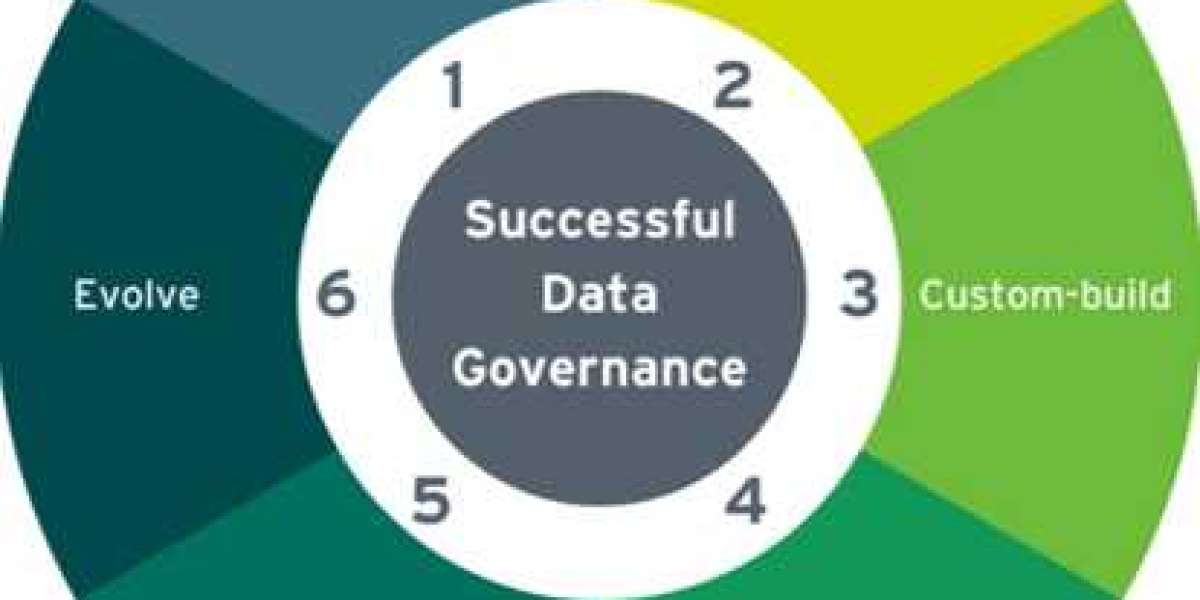By 2033, the smart shade industry is expected to have grown from its estimated US$ 351.5 million in 2023 to US$ 2.81 billion. From 2023 to 2033, smart shade sales are expected to grow globally at a high-value CAGR of 23.1%.
Smart shades are a cutting-edge solution that are redefining the way people interact with their window coverings in the world of modern home automation. These cutting-edge blinds provide homeowners a smooth and practical experience by fusing practicality and technology.
Download a Sample Copy Of Report
The days of physically pulling curtains or blinds are long gone. With the press of a button or even voice commands, homeowners can easily manage their window coverings with smart shades. Virtual assistants and smart home system integration provide simple, user-friendly control that improves daily ease.
The spread of smart blinds has been made possible by the increasing usage of smart home technology worldwide. The market for smart blinds is growing as more and more homes realize how practical and effective automated solutions can be.
Users of smartphones, tablets, or other Bluetooth-enabled devices may easily manage their window coverings using Bluetooth-enabled smart shades. Because of the elimination of complicated wiring and extra hubs, homeowners may more easily incorporate smart shades into their already-existing smart home ecosystems.
Bluetooth technology is affordable and readily accessible. When considering alternative wireless communication protocols like Z-Wave or Zigbee, users may find Bluetooth-enabled smart shades to be more cost-effective. Because of its accessibility, Bluetooth-based window solutions appeal to a wider range of consumers, which fuels their strong demand. A vibrant network of networked gadgets has been established by the growing use of smart home technology. Smart blinds with Bluetooth integration blend in perfectly with this environment, adding even more automation and control.
Key Companies Profiled
- Hunter Douglas NV
- Lutron Electronics Co., Inc.
- Somfy Systems Inc.
- Graber Blinds (Spring Window Fashions)
- Legrand Group
- Vertilux Ltd.
- Loxone Electronics GmbH
- Mechoshade Systems Inc.
- RYSE (Axis Labs)
- Creston Electronics Inc.
Consumers that care about the environment are adopting solar-powered smart shades because of their energy efficiency.
Solar-powered smart shades, which use the sun's energy to transform energy usage, are the bright spots in the period of inventive window blinds. The tiny solar cells that power these amazing blinds are responsible for converting sunlight into electrical energy. By doing this, they reduce the significant energy expenditures connected with using smart blinds in addition to providing natural light to houses.
Smart blinds that run on solar power reduce electricity usage significantly, promoting sustainability and environmental conscience. Since the engine is fueled by renewable energy, they are incredibly economical and energy-efficient.
Smart shades' high installation costs are preventing them from being widely adopted in developing markets.
Because installing smart blinds may be expensive, there is still little demand for them in developing nations. This circumstance denotes a squandered chance to thoroughly investigate the extensive potential that these marketplaces provide. The cost of the product as a whole is greatly increased by the need for add-ons to install smart blinds.
- The Serena shades from Lutron come with an integrated smart battery motor, but they cost a lot of money.
Start-up businesses may differentiate themselves from the competition by introducing novel features or customizable choices that address certain client preferences. This might involve special control systems, energy-saving features, or modifiable design components. By providing something unique and customized to meet specific demands, businesses may draw clients looking for individualized smart shade solutions.
The nation's propensity for cutting-edge technical advancements and broad product acceptance has raised demand for smart shades. Prominent firms in this sector, like as Somfy Systems, Lutron Electronics, and Meshoshade Systems, mostly conduct business in the United States. Because of these businesses' effective brand building and market penetration, smart shade makers are finding success in the US market.
Competitive Landscape
Leading businesses in the constantly changing smart shade sector are focusing their energies on building a robust digital ecosystem. This means mobilizing the potential of innovative technologies and improving asset connection.
Key businesses in the industry are committed to improving their product offerings because they understand the critical role that innovation plays. By incorporating cutting-edge technology into their products, they open the door for long-term success in this fast-paced industry.
- In 2020, Somfy Systems Inc. took a big leap in the smart shading business when they unveiled Sonesse Ultra 30, a wire-free ZigBee Li-ion motor that is going to change the market. With wire-free operation and the advantages of ZigBee connectivity, this creative solution improves durability and energy efficiency and allows for easy management over shade systems.
Key Segments Covered in Smart Shades Industry Research
- By Technology :
- Wi-Fi
- Bluetooth
- ZigBee/Z-Wave
- By Sales Channel :
- Direct to Customer
- Online
- Hypermarkets/Supermarkets
- Specialty Stores
- By End Use :
- Residential
- Commercial
- By Region :
- North America
- Latin America
- Europe
- East Asia
- South Asia Oceania
- MEA
As the smart shades market continues to evolve, it presents ample opportunities for manufacturers and innovators to tap into this burgeoning sector. The future of the market looks promising, with smart shades poised to become a staple in modern homes, offering a blend of style, functionality, and sustainability.
FAQ:
Which smart shade technology is leading in sales?
Sales of Bluetooth-enabled smart shades are predicted to rise at a 23.4% CAGR.
What is the forecasted market size in Germany by 2033?
The smart shades market in Germany is expected to reach US$ 250.01 million by 2033.
What is the projected global market size for 2033?
The market for smart shades is projected to reach US$ 2.81 billion by 2033.



